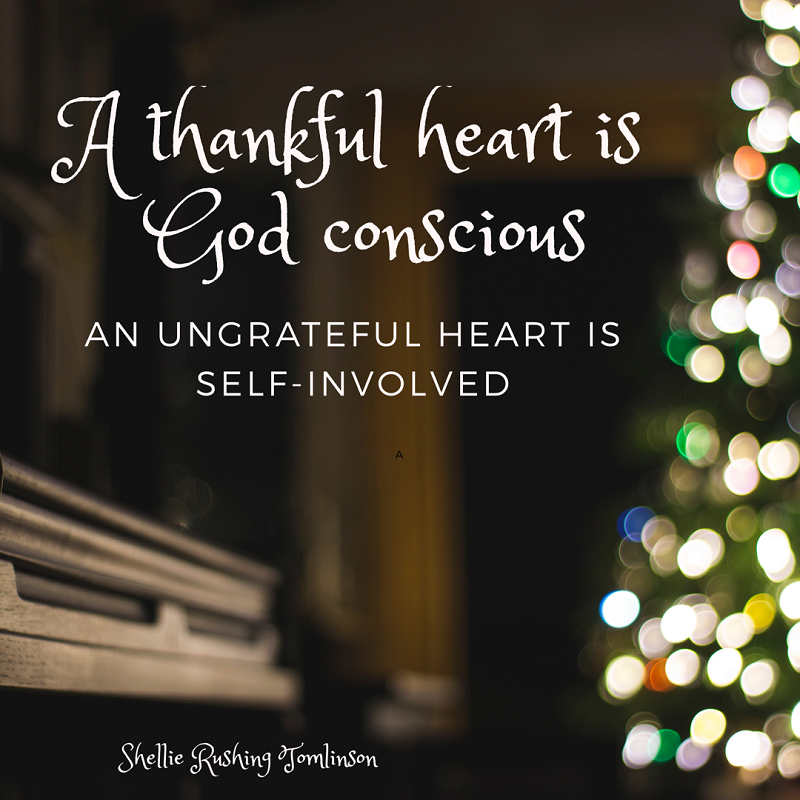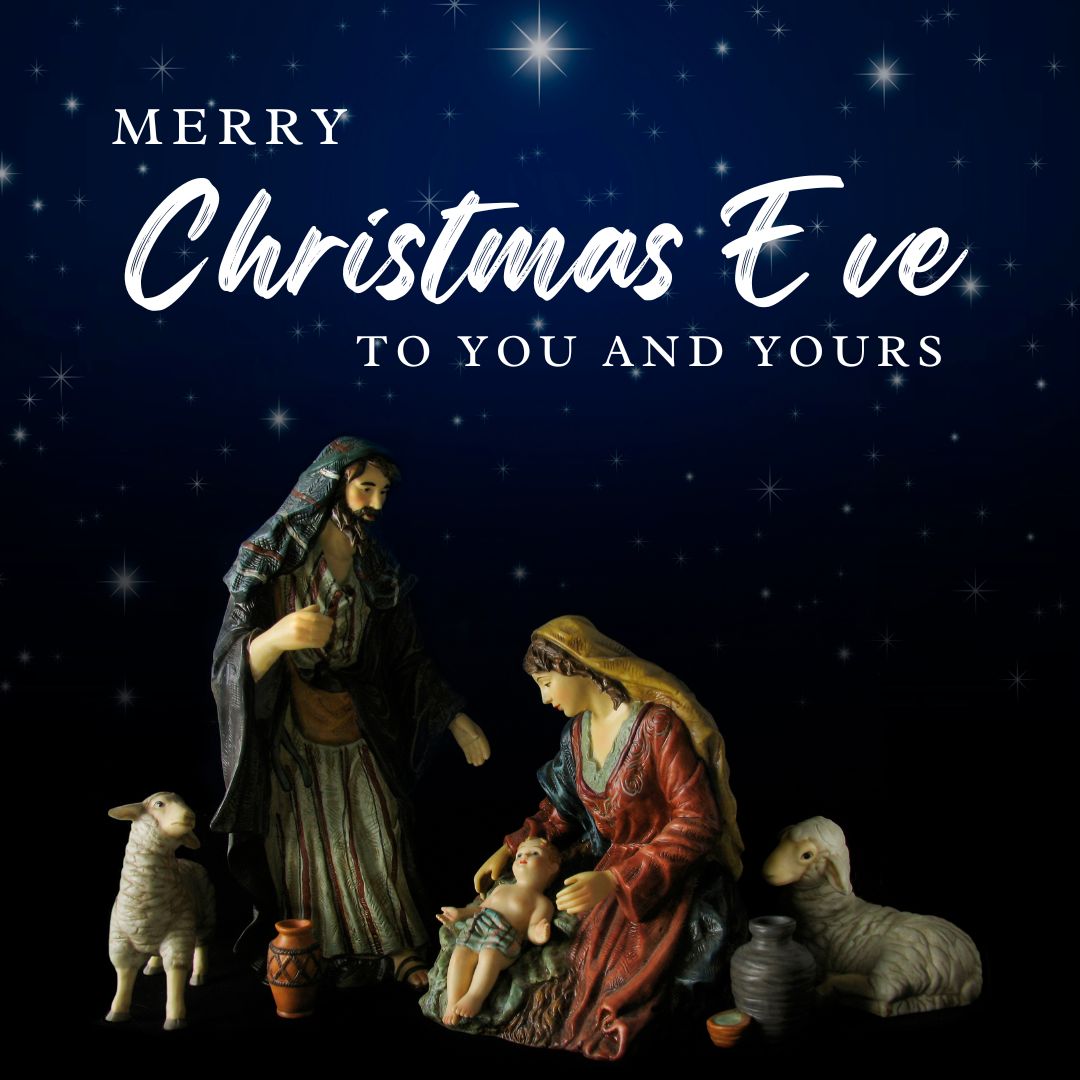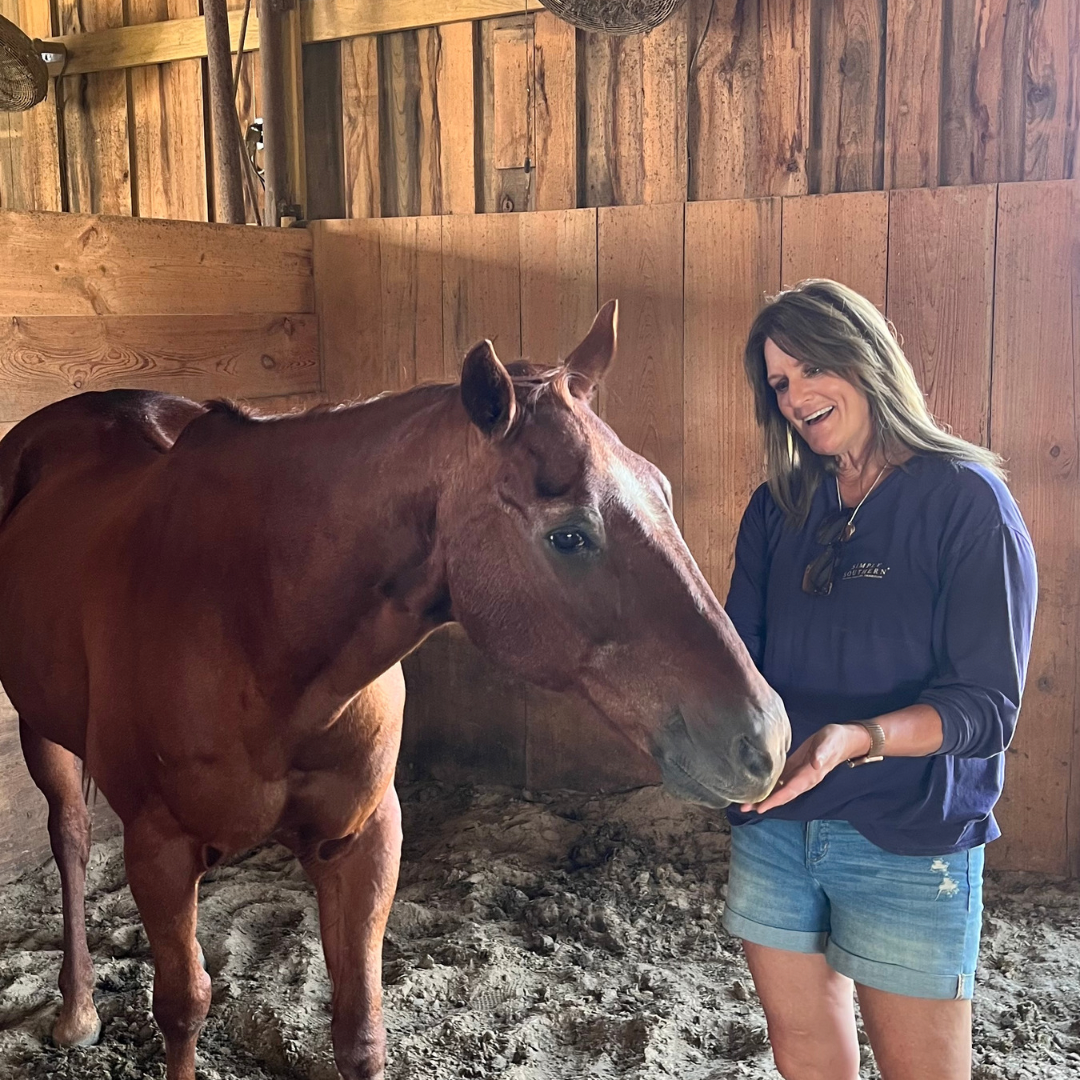Giving Thanks, a Christmas Adventure – Day Two


Yesterday we talked about the role of acknowledgement in thanksgiving. Let’s continue to unpack that. By dictionary definition, to acknowledge has a two-fold meaning. To a) recognize the rights, authority or status of and b) to express gratitude or concede obligation.
This two-fold definition of acknowledgement, recognition and concession, is all important. The book of Romans teaches that God has left evidence of Himself across creation. Some choose to acknowledge Him, others refuse, but all see the signs, and everyone faces this crossroad. In the words of Joshua 24.15, “Choose you this day who you will serve.”
I suspect that’s no surprise to anyone, right? Well, stay with me, this next part may make you think twice, and that’s okay. Here’s my premise for this entire study. Not only must we all come to that crossroad and make the choice to acknowledge God and concede to Him in order to share in His eternal life, but afterwards we’re each presented over and over with the opportunity of acknowledging Him and conceding to His authority if we’re going to experience His fellowship.
The first time we see humankind at this crossroad of grateful acknowledgement is in Genesis. In an aside, can I just say that I love the way Genesis records the birth of the world without the slightest attempt to explain God’s presence. He simply IS. I mean really, what more could have been said that wasn’t said? In the beginning God. Four words and yet they preach the whole of it all. In the beginning God… made a most marvelous world with sun and stars, land and water, birds and beasts, and then He formed man, His crowning creation, made this man in His image and put him in a specially prepared garden that they might fellowship together. (Genesis 2.8)
Man didn’t earn or deserve his place in the garden, nor did he have any other claim to the blessings that surrounded him. They came as God’s pure and undeserved gifts. Sometimes we’re prone to think that if people just knew for sure that there was a God, they’d live differently. That may be a nice thought but this lesson from Genesis proves it’s a faulty one. If anyone ever knew beyond a doubt that God existed, it was these two! They knew God was God and they were not—and still they chose their own ways, forever demonstrating the wide gulf between knowledge of God and the acknowledgement of God. Knowledge of God alone is separation if it doesn’t concede authority. James 2.19 tells us “The demons believe and tremble!” True acknowledgment concedes authority and brings divine fellowship.
This is the truest form of eucharisteō. Acknowledging the Source paves the way for fellowship and sustains fellowship because it both recognizes the source of the blessing and concedes to the rule of the One doing the blessing. A thankful heart is God conscious; an ungrateful heart is self-involved.
Podcast: Play in new window | Download
Subscribe: RSS




